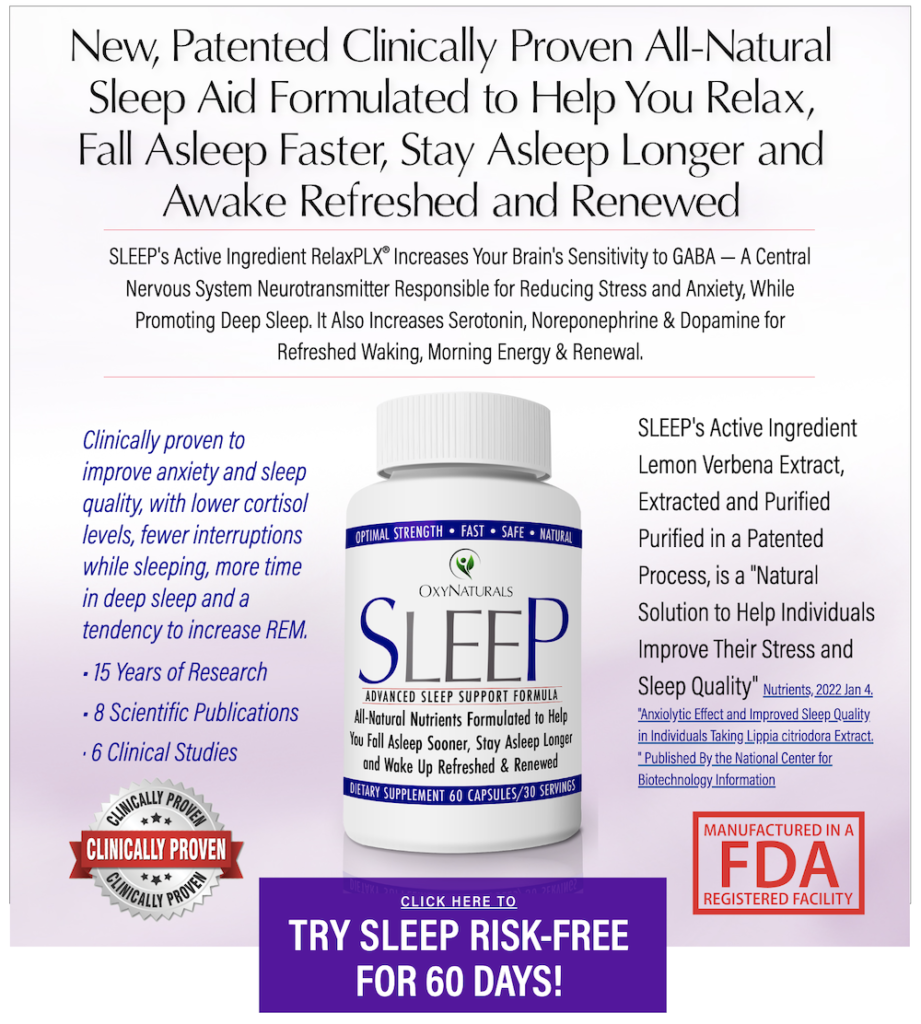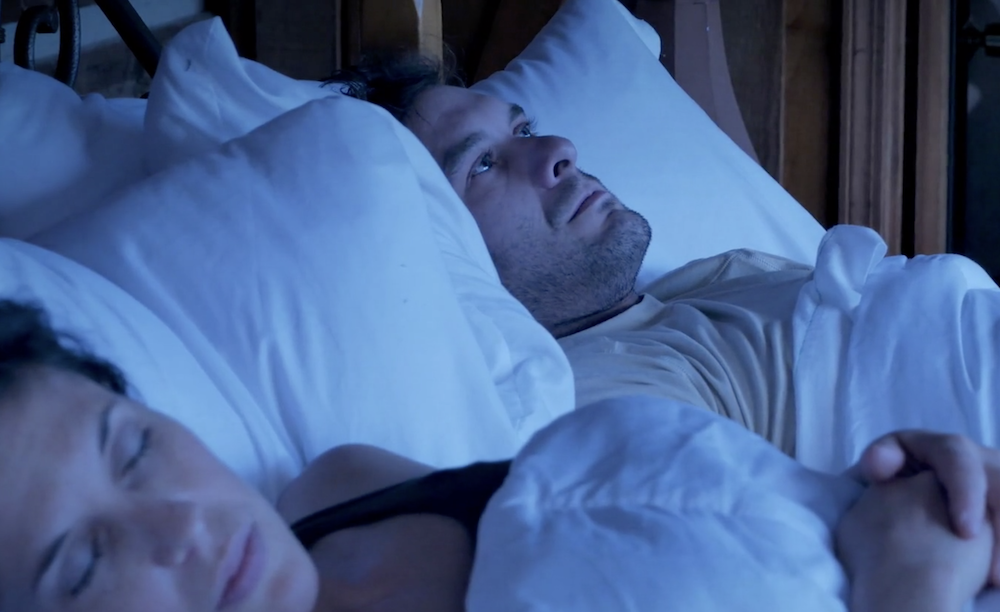It’s hard to have a great life if you don’t get a Good Night’s Sleep on a regular basis. Not only are there many health benefits, but it’s also hard to be successful and enjoy your life when you can’t sleep.
Why is a good night’s sleep important?
Getting enough sleep has many benefits. Here are a few of the major ones:
- You will get sick less often
- It helps you maintain a healthy weight
- It can lower the risk of serious health problems, like diabetes and heart disease
- It will reduce stress and improve your mood – You will get along better with people
- You will think more clearly and do better work in school and at work
- It will help you make better decisions
How much sleep is enough?
On a regular basis, most adults need a good night’s sleep of seven or more hours of good-quality sleep every night. Children need anywhere from eight hours for teens and up to 17 hours for infants.
Getting enough sleep isn’t only about total hours of sleep. It’s also important to get good-quality sleep on a regular schedule so you feel rested when you wake up.
If you regularly have trouble sleeping or still feel tired when you wake, you may be suffering from a sleep disorder. The best advice is for you to consult with a physician.
Get a Good Night’s Sleep Like eating well and being physically active, getting a good night’s sleep is vital to your well-being.

Tips for getting a good night’s sleep
If you really want to enjoy the benefits of a good night’s sleep follow these simple instructions:
Have a schedule and stick to it. Go to bed and wake up at the same time each day—even on the weekends.
Do not exercise 2–3 hours before bedtime.
Avoid caffeine before bedtime. Caffeine is found in coffee, colas, many teas, and chocolate. In some cases, it may take up to 8 hours to wear off fully.
Avoid nicotine before bedtime because it is also a stimulant.
Avoid alcoholic drinks before bed. A “nightcap” might help you get to sleep, but alcohol doesn’t allow you to go into the deep stages of sleep.
Eating large meals late can cause indigestion and interfere with sleep.
Drinking too many liquids before bedtime can cause you to wake up to go to the bathroom.
If possible, avoid medicines that delay or disrupt your sleep. Some heart, blood pressure, or asthma medications, over-the-counter, and remedies for coughs, colds, or allergies, may also prevent you from getting a good night’s sleep.
Naps are a good thing, but after 3 pm they may cause you to have difficulty going to sleep at bedtime. Also, you may want to limit your naps to an hour or less.
Just before bedtime, create a ritual of taking a little time to relax and unwind with music or reading.
Sometimes a hot bath before bed can help. An after-bath drop in body temperature may help you relax and get to sleep quicker.
Create a good sleeping environment. Noises, bright lights, an uncomfortable mattress, a TV, or a computer may distract you from a good night’s sleep. Also, most people are able to sleep better in a cooler environment.
Try to get outside in natural sunlight for at least 30 minutes each day. Daylight is key to regulating daily sleep patterns.
If you lie in bed for more than 20 minutes and still can’t fall asleep, get up and engage in an activity to help you relax. Not being able to sleep may make it harder to fall asleep.
See a doctor if you continue to have trouble sleeping. If you consistently find yourself feeling tired or not well rested during the day despite spending enough time in bed at night, you may have a sleep disorder. Your family doctor or a sleep specialist should be able to help you.
For more information about getting a good night’s sleep, see this informative article from the National Institute of Health.

